China has decided to suspend a currency swap deal with Argentina worth $6.5 billion.
This development occurred just ten days after Javier Milei took office as the President of Argentina. Milei, who ran a campaign critical of China, had proposed cutting ties with the nation.
Immediate Action Post-Election

China’s decision to suspend the deal came swiftly after Milei’s election. The South China Morning Post reported, quoting local Argentine media: “China has suspended a $6.5 billion currency swap deal.”
The report suggests that China’s action is contingent upon President Milei’s expression of a willingness to cooperate with China.
Lack of Official Confirmation
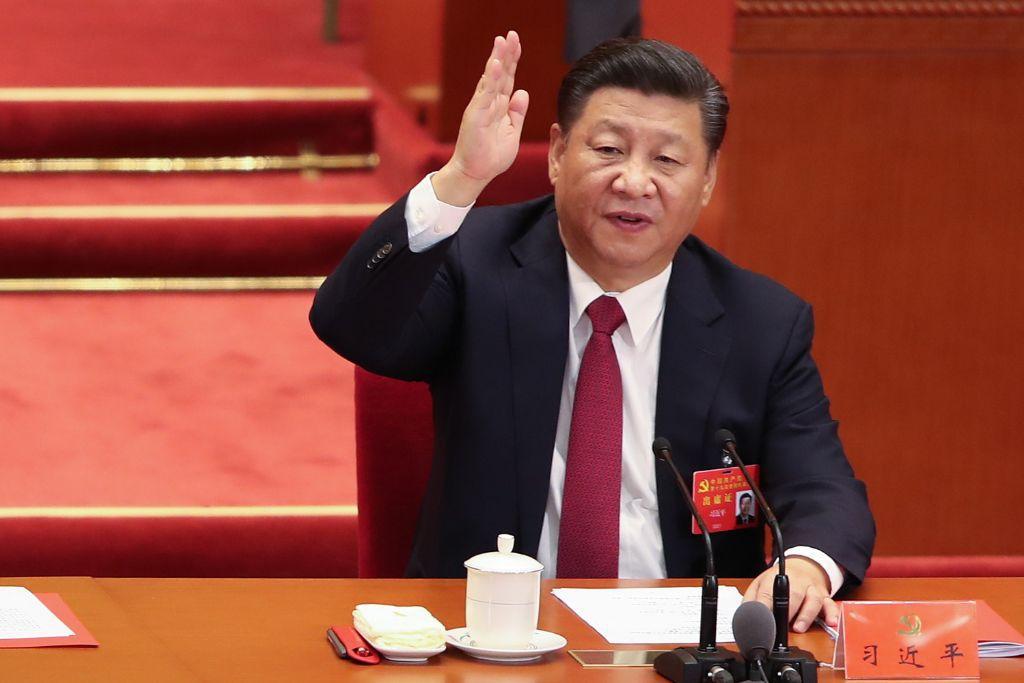
In the wake of this development, the Chinese Embassy in Argentina remained silent regarding the suspension.
Furthermore, Wang Wenbin, a spokesperson for the Chinese Ministry of Foreign Affairs, did not confirm the specifics but stated, “China will cooperate with Argentina based on equality and mutual benefit.”
History of the Currency Swap Deal
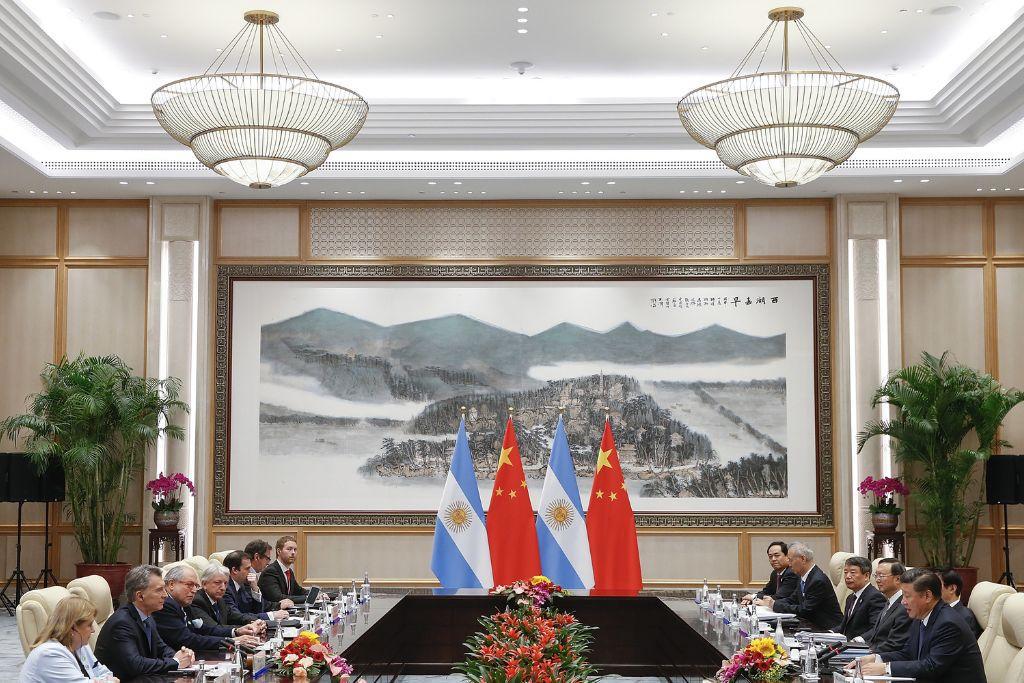
The currency swap deal between China and Argentina has been a staple of their economic relations, renewed annually since 2009.
For Argentina, grappling with a dollar deficit and near international default, this agreement with China has been a crucial financial support. Its suspension could have significant implications for Argentina’s economic stability.
Shift In Promises

Prior to the recent election, China had agreed to extend the currency swap during discussions with Sergio Massa, Argentina’s then Minister of Economy.
However, the political landscape shifted dramatically with Milei’s victory. During his campaign, Milei expressed that he will not trade with communist countries, explicitly calling out China.
Change in Stance after Election

Despite his earlier rhetoric, Milei appeared to change his stance post-election. He reportedly sent a letter to the Chinese government requesting the renewal of the $5 billion currency swap.
This indicates a potential shift in his approach towards China, moving from a campaign platform of severance to seeking continued economic cooperation.
Military Equipment Purchase as a Potential Factor
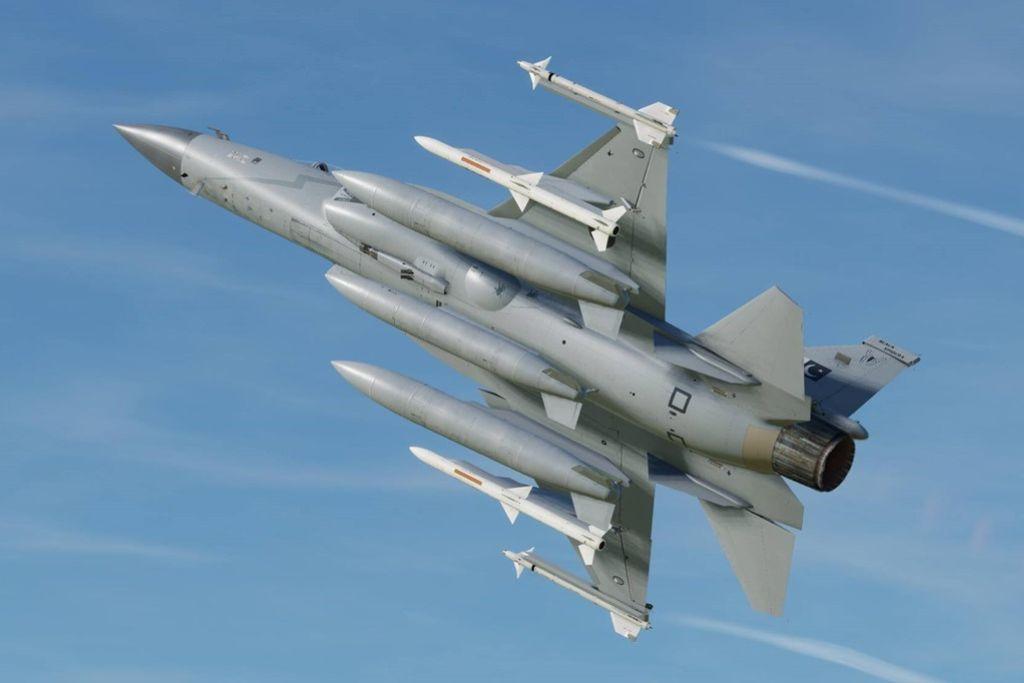
Argentine media outlet Infobae speculated that the suspension of the currency swap might be influenced by Argentina’s decision to purchase used F-16 fighter jets from the United States, deviating from earlier negotiations to acquire Chinese JF-17 Thunder fighters.
Infobae suggests that for the currency swap to resume, Argentina would need to demonstrate a clear goodwill or friendly attitude towards China.
Seeking Alternatives with the IMF
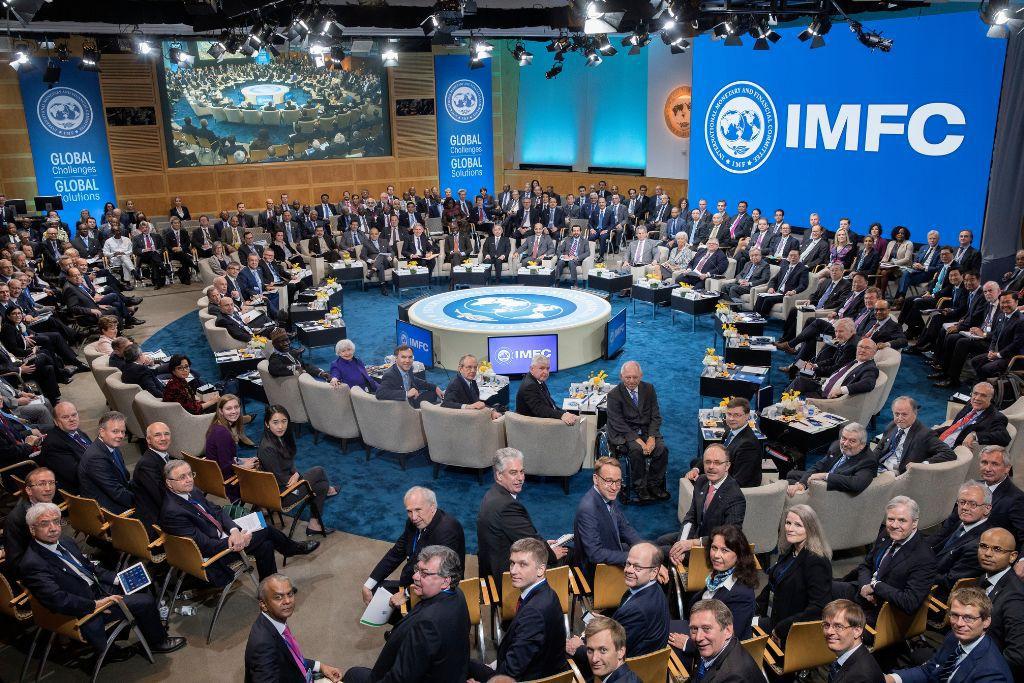
With the currency swap deal in limbo, Argentina faces the challenge of seeking alternative funding sources. The nation may turn to debt renegotiation with the International Monetary Fund (IMF).
However, the South China Morning Post predicted that achieving a favorable outcome with the IMF might be difficult without the buffer of the currency swap with China.
Impact on International Relations
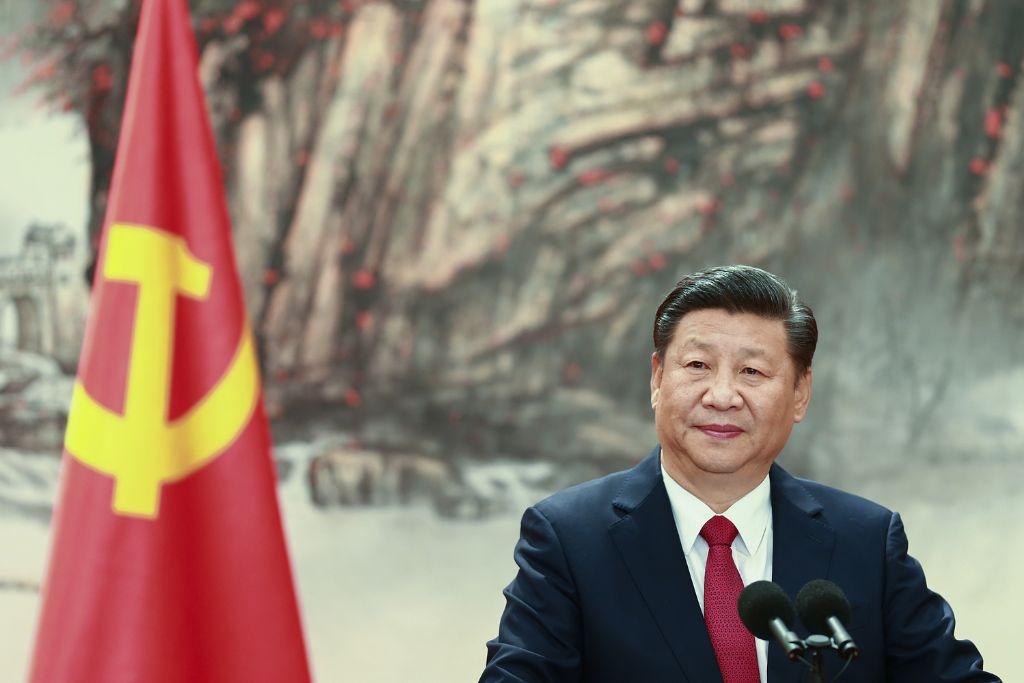
China’s decision to suspend the currency swap deal is not just an economic measure but also a significant political statement.
It reflects how changes in a nation’s leadership and policies can directly impact its international economic relationships.
Wider Economic Implications

The suspension of the currency swap deal between China and Argentina has broader implications beyond their bilateral relationship.
It serves as a case study for other nations in how political changes within a country can influence its international economic agreements.
Anticipating Future Developments
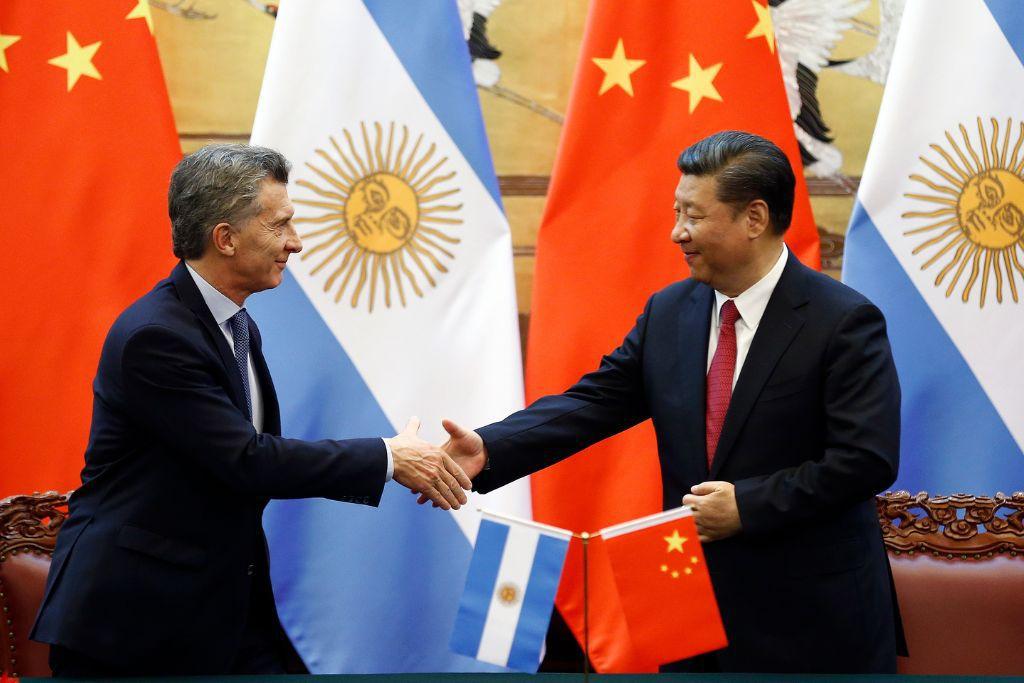
The international community is now watching to see how the relationship between Argentina and China will evolve following this decision.
The actions taken by both countries in the coming weeks and months could have long-lasting effects on their bilateral relations and potentially influence global economic patterns.
Global Economic Interconnectivity
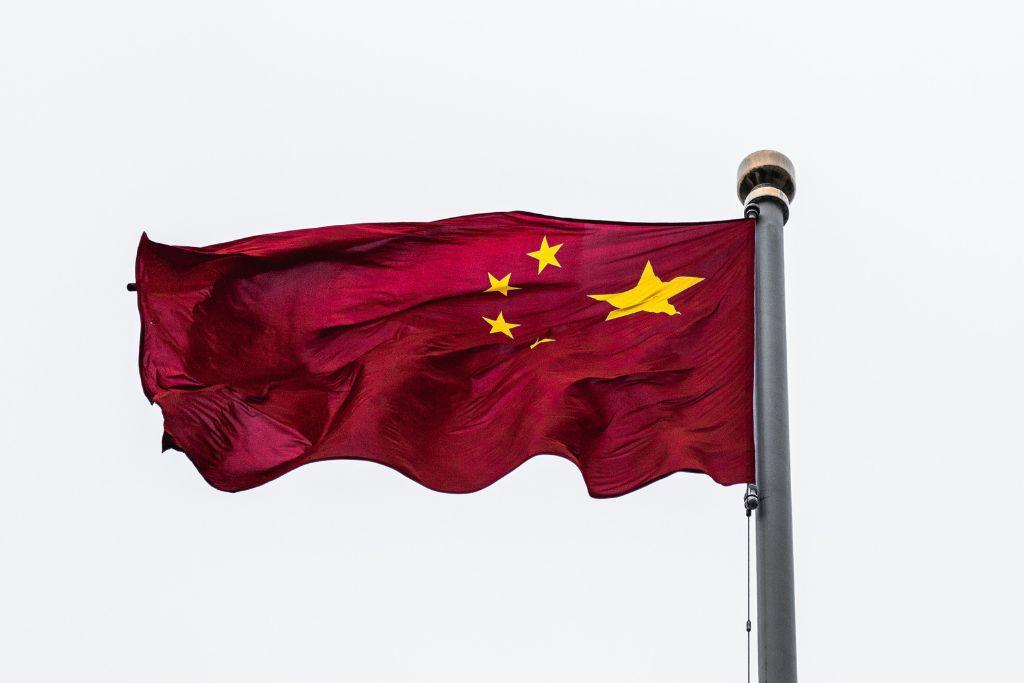
This development between China and Argentina highlights the interconnected nature of the global economy.
Decisions made in one country can have far-reaching effects, influencing international economic relations and the global financial landscape.
China Announces Major Tariff Reductions on Argentine Products

In a contrasting move, the South China Morning Post reports that China has announced a significant reduction in tariffs on 143 Argentine agricultural and industrial products.
This move, which takes effect immediately, aims to boost global commerce and end-consumer spending, potentially bolstering the economic ties between China and Argentina.
Strategic Impact of China’s Tariff Policy
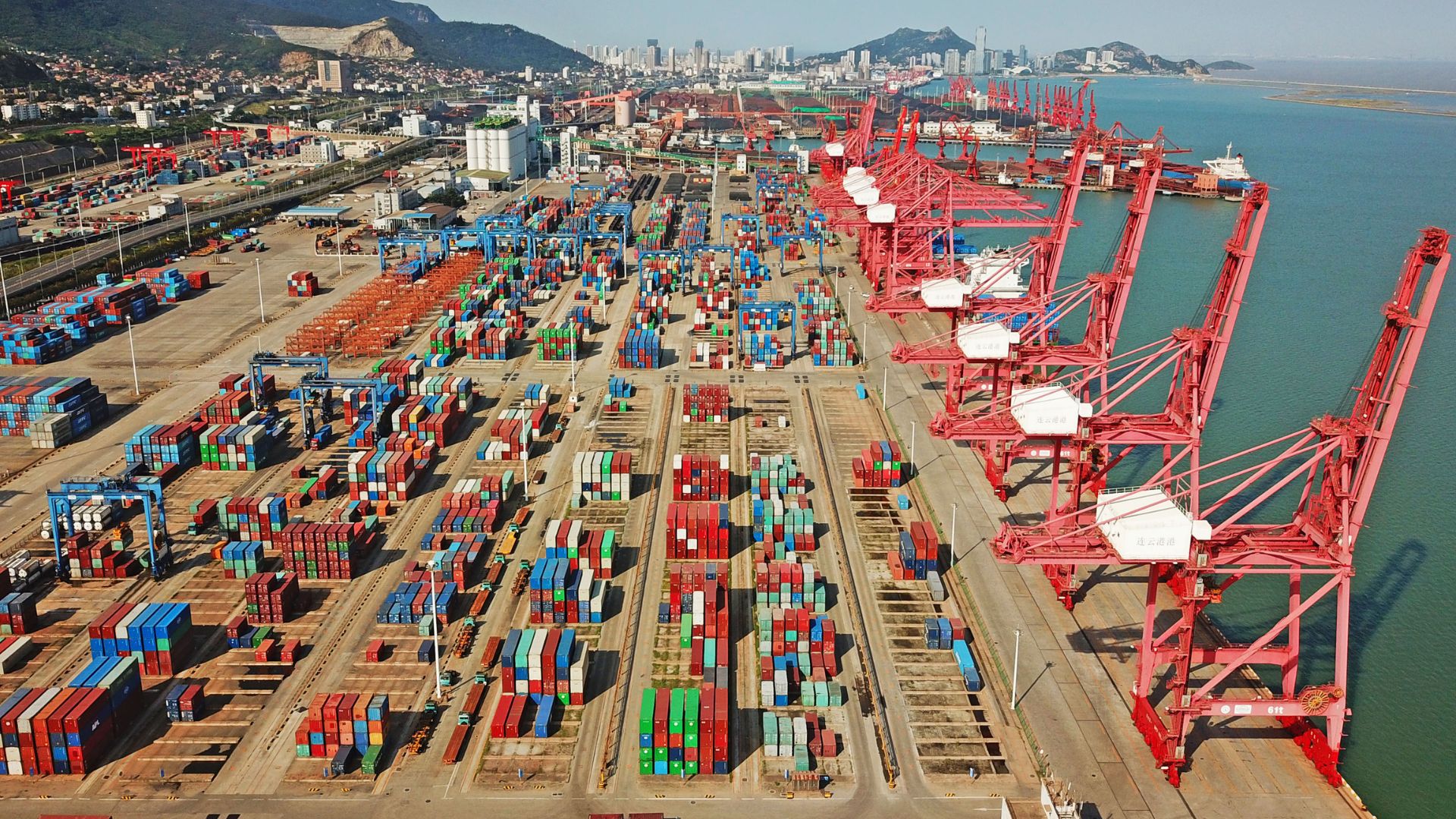
According to the South China Morning Post, China’s tariff reduction policy, established in 2016, specifically targets countries without free-trade agreements with Beijing.
The recent cuts on Argentine products are a part of this policy, reflecting China’s adaptive approach to its local market demands and international trade strategies.
Boost for Argentine Agriculture

The elimination of tariffs on essential Argentine agricultural products, such as dry sweetcorn and coriander seeds, marks a significant step towards enhancing bilateral trade.
With tariffs dropping from 13% and 15% to zero, this move is poised to benefit Argentina’s agricultural sector substantially, as per the South China Morning Post.
Positive Developments for Argentina’s Dairy and Fisheries

Argentina’s dairy industry is set to benefit from reduced tariffs on products like infant formula and cheese.
Meanwhile, the fisheries sector sees a mixed impact, with the 2% tariff on frozen shrimp remaining, but other seafood items enjoying lowered tariffs.
Wider Benefits for Argentine Food Industry

The tariff reductions also extend to the broader Argentine food industry.
The South China Morning Post describes that products such as infant formula and dulce de leche continue to enjoy reduced tariffs, enhancing Argentina’s export potential and contributing to its economic growth.
Tariff Cuts Across Various Sectors

China’s tariff reductions encompass a range of sectors.
The tariffs on orange juice, for example, have been lowered from 30% to 20%, with similar eased tariffs in the animal feed and pet food sectors.
China’s Strategic Expansion in the Southern Cone
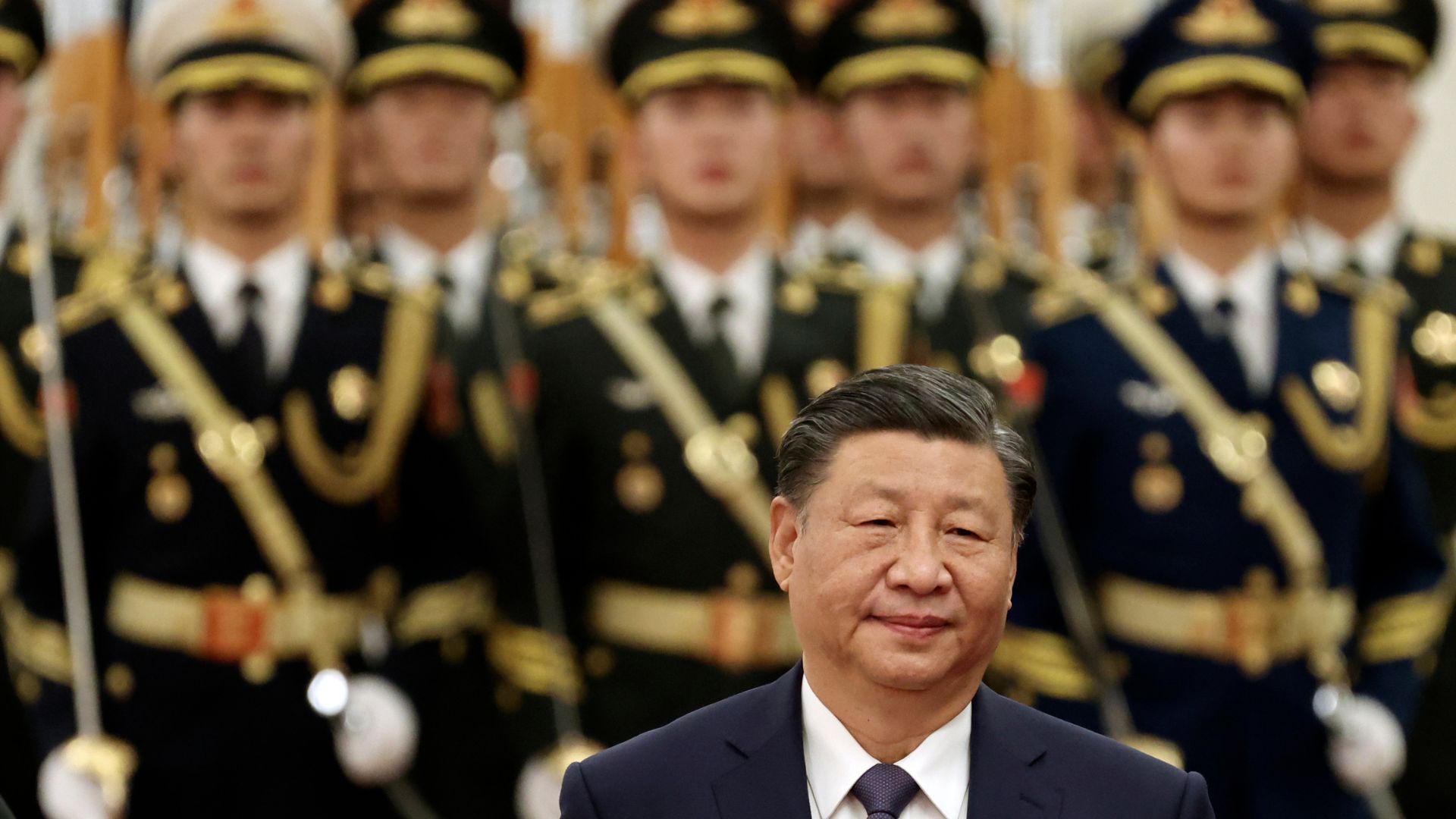
The Diplomat reports that China’s geopolitical strategy includes extending its influence in the Southern Cone, challenging U.S. dominance in the Western Hemisphere.
As a major trade partner for Argentina, China’s role has significantly evolved. Diplomatic relations between Argentina and the People’s Republic of China were established in 1972, at a time when China’s global role was mainly seen as a counterbalance to Soviet influence.
The 2014 Deep Space Station Agreement
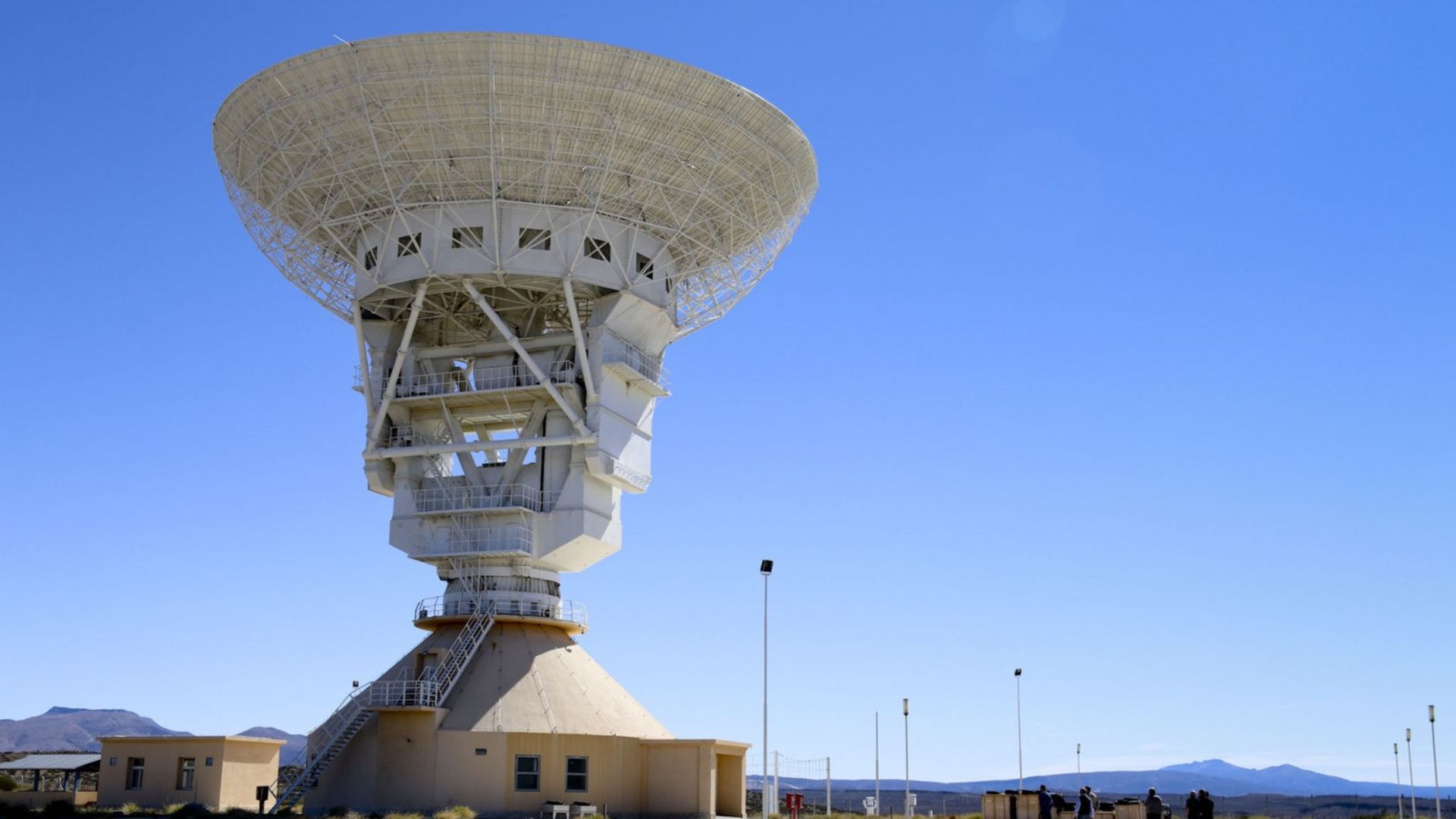
Another aspect of the China-Argentina relationship that has garnered significant scrutiny is the 2014 agreement between China and Argentina to establish a Chinese deep space station in Neuquén Province. The agreement included constructing facilities for tracking, command, and data acquisition, along with a deep space antenna.
However, there was a lack of clarity regarding the specific applications of the technology and the data that would be collected.
Neuquén Space Station: Strategic and Controlled
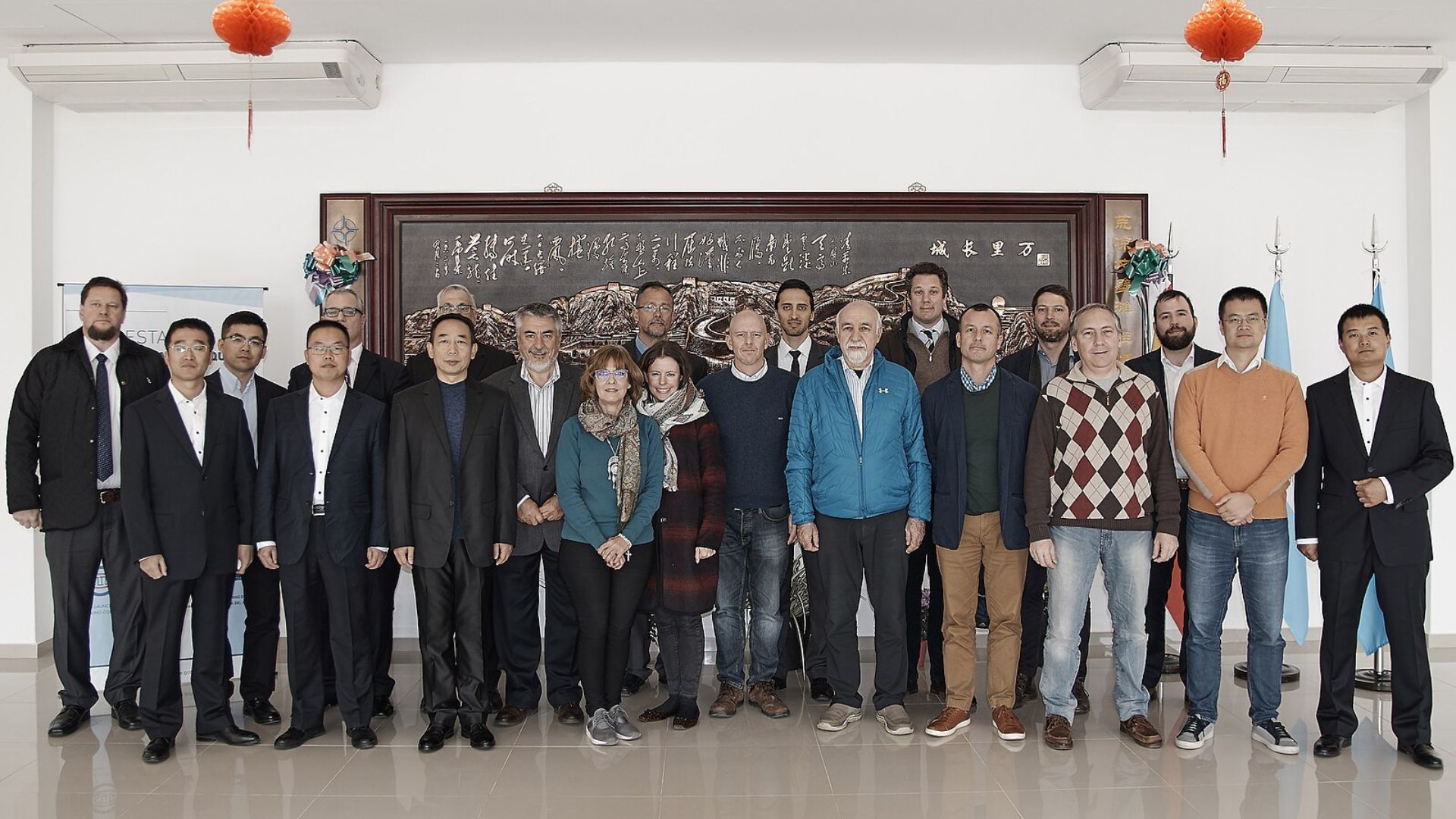
The Chinese space station in Neuquén, covering approximately 494 acres and enjoying tax exemptions, is subject to strict control and limited access.
The Diplomat explains that Its potential dual-use capabilities for both civilian and military purposes have raised concerns about its true function and objectives.
Economic and Community Effects in Neuquén

While the construction of the space station created jobs for over 300 workers, the actual economic impact on Neuquén Province remains uncertain, according to the Lowy Institute.
Entry to the facility is by appointment only. There are limited opportunities for local authorities and media representatives to tour the facility, contributing to community concerns about the base’s true function, as per the Diplomat.
Legal and Sovereign Challenges

The Argentina-China space agreement challenges traditional international space law norms.
The Lowy Institute explains that it dictates non-interference by the Argentine government in the station’s operations and requires Argentina to notify China of any actions that might affect the station, raising questions about sovereignty and jurisdiction.
Global Trade and Diplomatic Relations
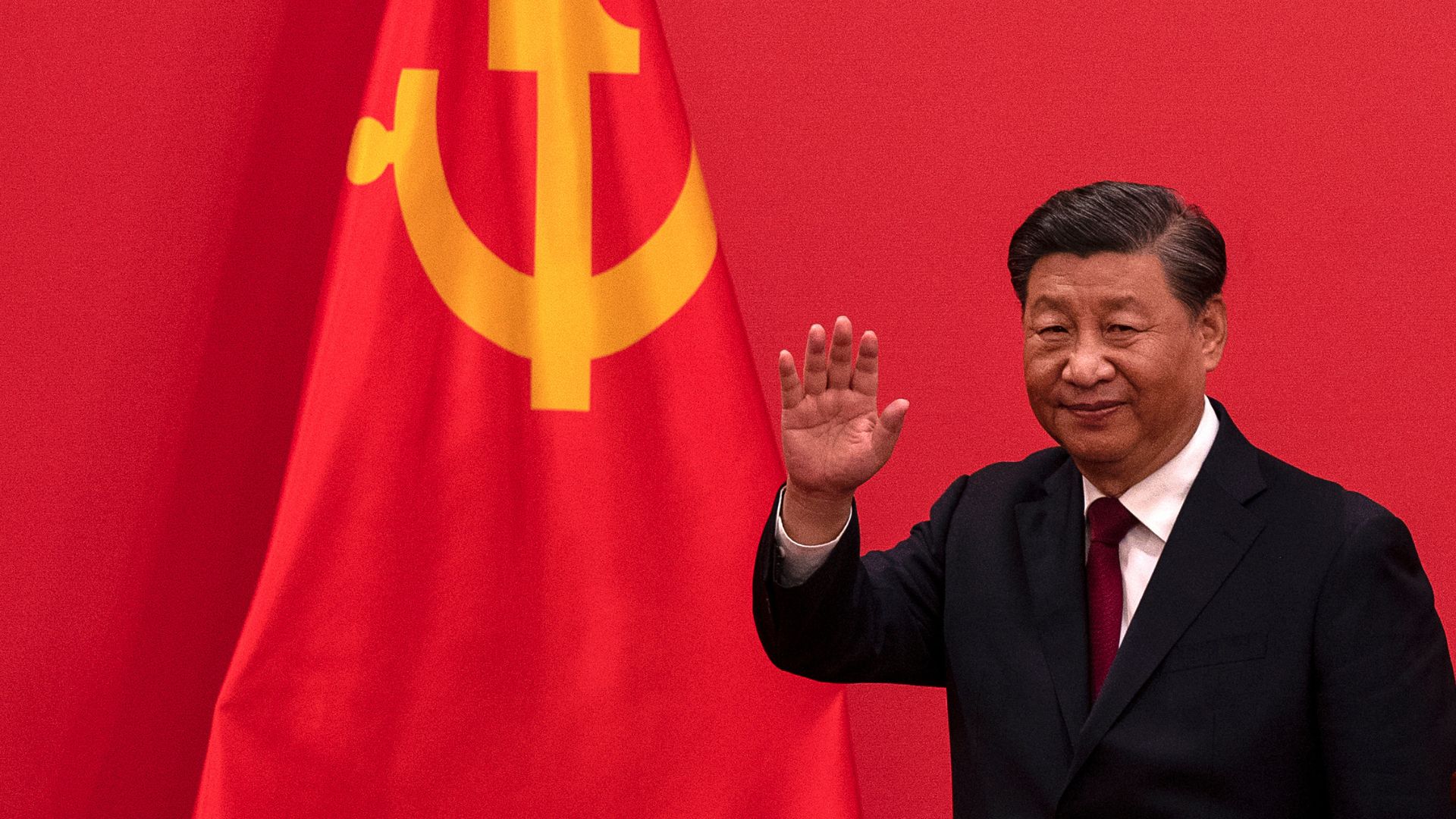
The developments in trade and diplomatic relations between China and Argentina illustrate the complex nature of international relations.
The suspension of the currency swap deal, tariff reductions and the space station agreement reflect the evolving economic and political landscape between the two nations, serving as examples of the intricate balance in global diplomacy and trade.
